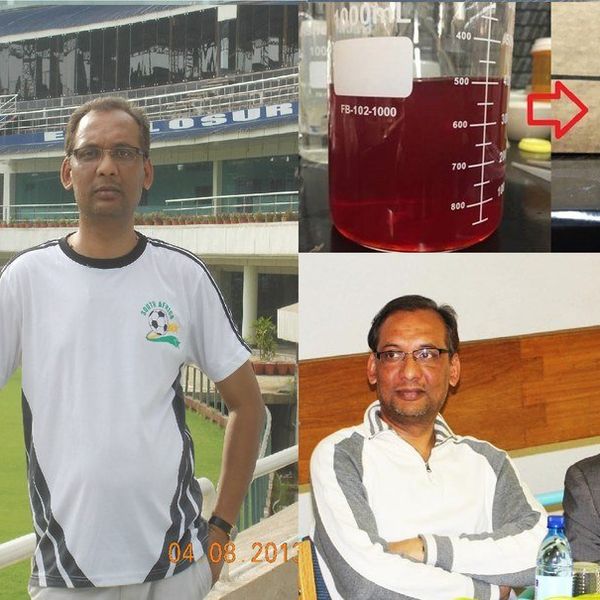When I was in junior high, our sex education was a one-day thing held in the gym of our school, and I very specifically remember the woman talking to us using stuffed animals from the children's show "Blue's Clues" to depict a story about sex. She called the toy that played the girl, Magenta, a "little ho-dog." (I'm serious. She called a character from a kid's show a ho.) While birth control options were discussed, no one went into depth with us on all of the possible forms of birth control. Rather, they showed us many pictures of STDs (now considered STIs) and drilled into our heads that sleeping around was a bad thing and if we do, we will contract those STDs.
While I agree sleeping around can be dangerous and you can contract diseases, there are many ways to prevent this. However, you have to teach people how. Sure, you can teach your kids abstinence and that it is the best way to prevent pregnancy and STDs, which is true. But don't tell them that it's the only option. No matter your religion or what you tell your kids, eventually they are going to have sex. Eventually could mean after they're married or it could mean at the ripe age of 13. There comes a point when you have to decide what's better — telling your kids not to have sex before marriage and hoping that they don't or understanding that you can teach them that, but you also need to explain how to be safe if/when they decide to have sex.
Sex is a very taboo subject that can be uncomfortable for parents to talk about with their children. It's way easier to just tell them no sex and leave it at that but is "easy" what is best? Not necessarily. Your religion may explicitly say no sex until marriage, and that's fine. You can most definitely tell your kids that's the ideal they should possess, but there is no harm in explaining to them how to be safe. Ignorance is not bliss. It's dangerous. Telling your kids how to use a condom or how birth control works and how it can affect their bodies is not you saying that premarital sex is OK or that they should go out and use this knowledge whenever they can. Explaining this is providing your kids the knowledge that could mean the difference between a baby before they're ready or a life-threatening sexually transmitted infection.
I'm not a parent and maybe you're not taking this too seriously when hearing it from a 19-year-old with no children, but take it from a teen in a world where a person's sex life can be more important than the amount of community service they've done — It's worth the uncomfortable talk. Protecting your kids is worth the risk of them having sex, as long as they know how to be safe.





















